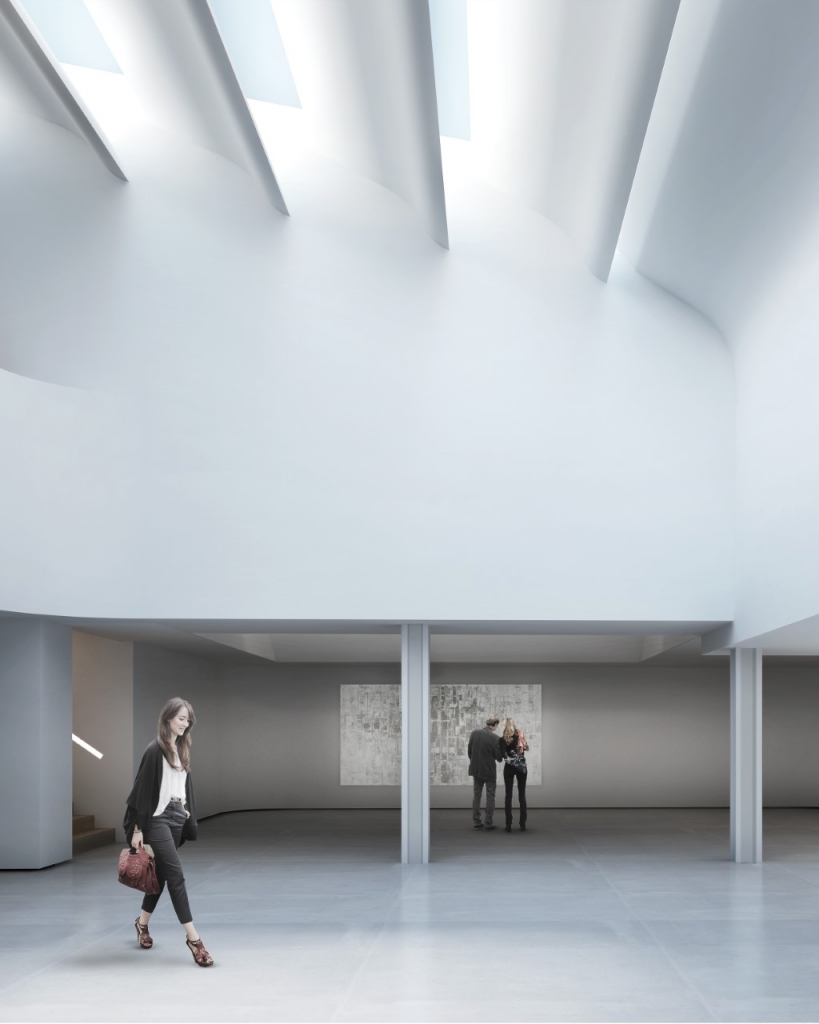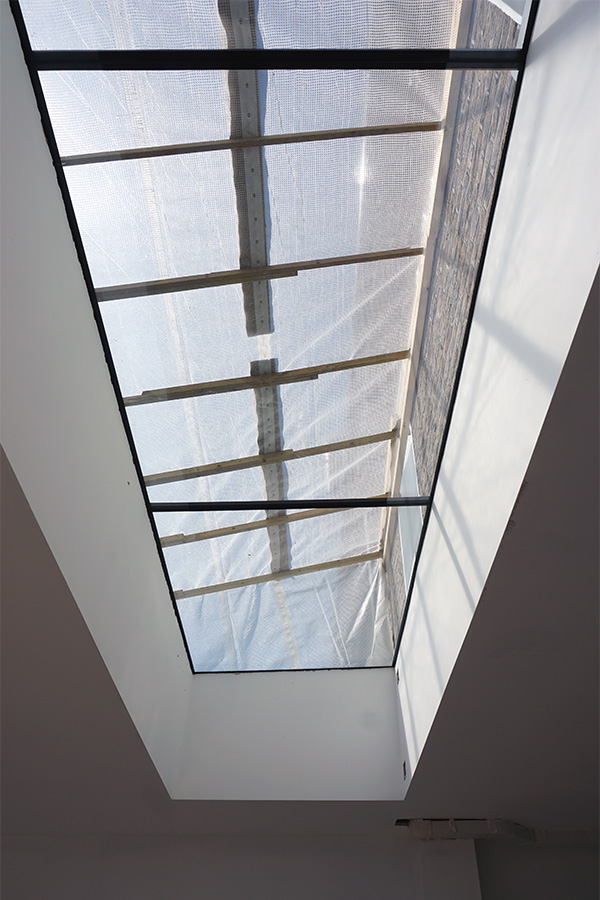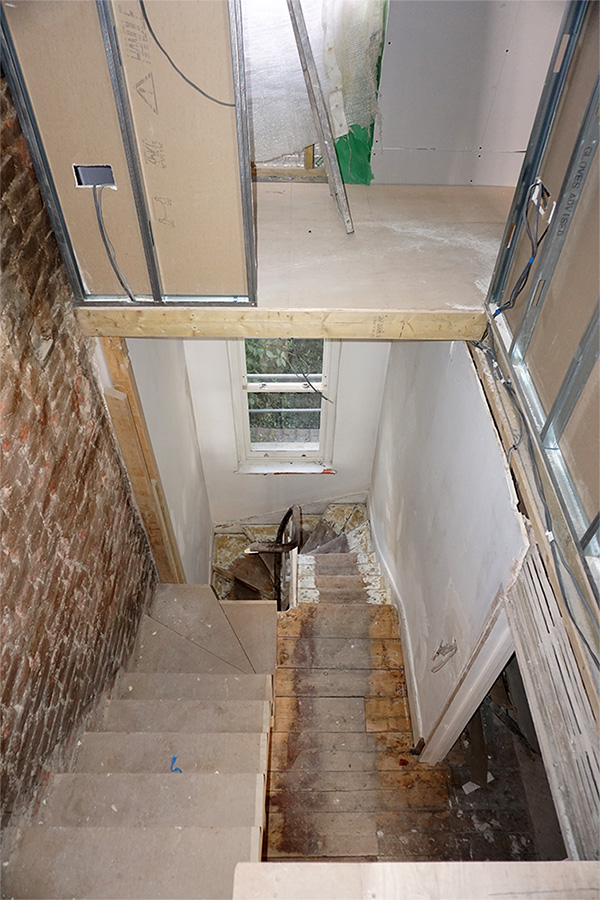A Guide to Architects Fees in the UK
Architects fees depend on the size, type and quality of the project that a client requires.
Fees vary for many different reasons, yet as with most services, the fee generally reflects the level of service provided and the quality of the completed building. Therefore, the cost of an architect should be considered in conjunction with the value that the particular practice is able to add to a project.
If the brief and budget are well defined, fees are usually negotiated at the start of a project. When this is isn’t the case, architects sometimes work on a time charge basis for feasibility stages until the build cost, size and complexity of the project are known or can be better estimated.
There are no standard architect’s fees in the UK. Historically, the RIBA produced a recommended fee scale. This graph gave indications of fees for particular sizes and types of project. Now practices usually produce their own fee charts based on their operating costs amongst other factors.
Architects fees: options
In the UK, fees are typically charged in one of three main ways:
- percentage of construction cost
- lump sum
- time charge / hourly rate
Percentage fee: a percentage fee gives the client a reasonable indication of total architectural fees, whilst also allowing for some flexibility if the project scope is increased. Percentages are based on the construction cost (excluding VAT and professional fees), as this is generally proportionate to the work required by the architect.
The fee will be automatically adjusted to any changes in the estimated construction cost. This estimate is refined during the design process, providing a straightforward way of adjusting fees to changes in the project size or complexity, without having to renegotiate. Percentage fees are usually divided into monthly payments during each work-stage.
Clients are sometimes concerned that a percentage approach doesn’t give architects an incentive to keep construction costs low. However, architects offer a professional service and are bound by their code of conduct. This code is issued by the Architects Registration Board (last updated in 2017). It requires architects to be ‘honest and act with integrity’ and to ‘be trustworthy and look after your clients’ money properly’.
Lump sum fee: this type of fee will be very carefully defined based on specific items of work. The fee will need to be renegotiated if the nature of the appointment changes significantly. This approach may, therefore, be best for a straightforward project with a very clearly defined brief.
Time charge: Time charged fees work well at the start of a project when the scope hasn’t been clearly defined. They can also provide flexibility with a ‘pay as you go’ approach when used for the entire process. This option offers the least fee certainty for the client, so often an architect will estimate the total number of hours required, or agree hourly caps.
Other key points to consider
- For larger projects with higher build costs, the percentage upon which the fee is based will be lower. This is due to the economies of scale in larger projects.
- RIBA architects fees shouldn’t be any more than non-RIBA chartered practices.
- In the UK, VAT is chargeable in addition to architects fees.
- Percentage fees are sometimes only amended to reflect a change of more than 10% in the cost estimate. This allows for some reasonable project variations before adjusting fees.
- An additional sum is usually payable for expenses incurred in connection with the work (printing, postage, travel etc.).
- Any disbursements made on a client’s behalf are usually charged at net cost. This includes things like payments to the local authority for planning applications.
By the end of a project, the total architectural fee paid is likely to be in the same region regardless of which approach is chosen. This is due to the relationship between the number of hours required for a project and the charge out rate that an architect needs to make a job profitable. Ultimately, as a professional service, an architect is billing for their time.
Additional services
Architectural fees for a full service are usually based on RIBA work stages 1-6. A schedule of services will be provided along with the fee proposal, this details the items of work that are included and also gives exclusions. If a client requires additional services after appointment, these can be time charged or a separate fixed fee agreed. An architect must, of course, obtain a client’s consent before providing any such additional services.
Some example optional services are given below. Each of these would typically incur between 0.5% and 2% of additional percentage fee, depending on the type/scope of the project:
- Detailed joinery design: bespoke kitchen, bookcases, wardrobes etc.
- External landscape design: surface finishes, planters, boundaries, lighting
- Interior design: furniture, soft furnishings, decorations, specialist lighting
Architects fees in London
Charge out rates for architects are typically higher in London than the rest of the UK. This addition is generally in line with the higher staff salaries and costs of running a practice in London.
Percentage fees are also likely to be slightly higher in London, although the difference may be less marked if the practice is working on a project based in the capital, due to the corresponding higher construction values. Projects in London are often more involved, as they are likely to include alterations to an existing building, or challenging constraints due to complex sites.
Residential project fees
As the table below indicates, residential projects are one of the most time-intensive types of work for an architect. Clearly, a client’s own home is a very personal project and a high-quality building and in-depth service is required. These commissions are often relatively small, are quite bespoke and offer few economies of scale or repeated elements.
Comparative difficulty levels for various project types: where class 1 = simple and 5 = complex
- private houses for individual clients : 5
- housing / apartment blocks : 4
- office developments : 3
- community halls : 2
- sheds : 1
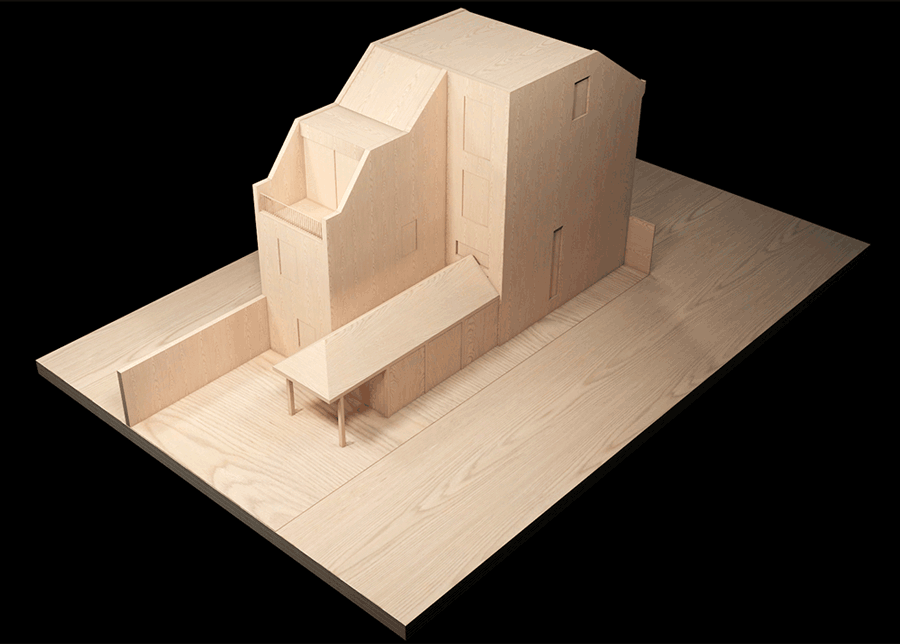
Within the category ‘private houses for individual clients’ there are four subcategories explored here:
Architects fees for a new house
A new build house on a vacant site is the most straightforward private residential project type for an architect, and therefore typically attracts the lowest percentage fees for residential work. For a new house or self-build project, architects fees for a full service in 2020 may be as follows. These figures are of course indicative as there will be many other factors to consider:
- £100k budget: 11%
- £200k budget: 9.5%
- £500k budget: 8%
- £1m budget: 7.5%
Although VAT is typically not payable on the construction cost of a new house, VAT is still payable on architects fees and for all other consultants involved in the process.
Extensions, basements and loft conversions
These are resource-intensive projects due to the complexity of working with existing buildings. There are few economies of scale or repetition. It is worth noting that these types of projects seldom occur in isolation, as there is often some refurbishment of the existing house too.
For a high-quality design, architects fees for extensions or conversions in 2020 may be in the region of:
- £100k budget: 14%
- £200k budget: 13%
- £500k budget: 12%
- £1m budget: 11.5%
Listed building fees
These projects are even more resource-intensive due to the complexity of working with listed buildings. The process of obtaining listed building consent and designing for the alteration or restoration of historic fabric requires an experienced architect with specialist knowledge. Fees for works to listed buildings in 2020 may be in the region of:
- £100k budget: 16%
- £200k budget: 15%
- £500k budget: 14%
- £1m budget: 13%
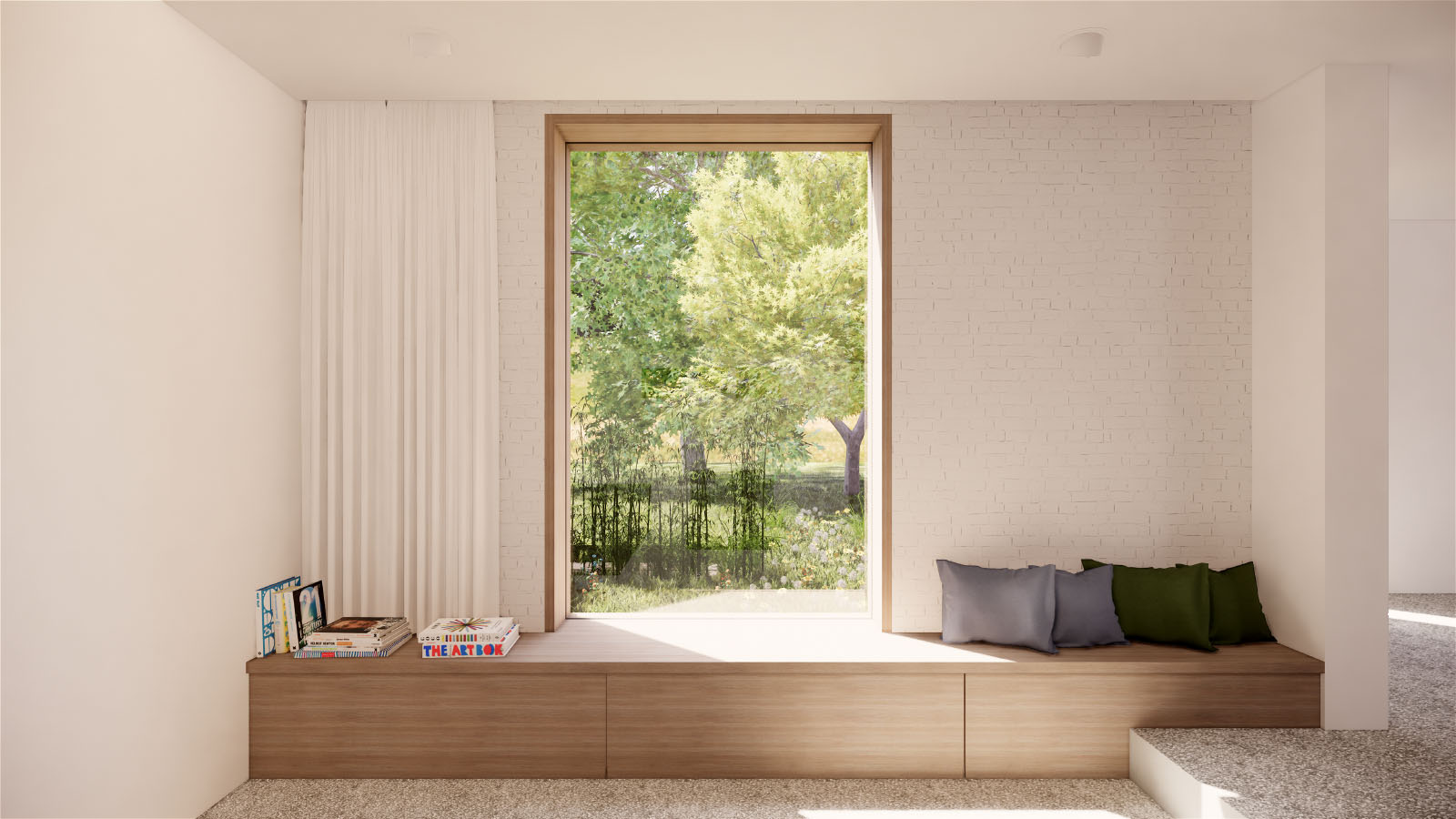
Architects fees to planning
Many clients wish to appoint an architect to planning only, particularly if they intend to simply sell a building or site after realising an uplift in value from a planning consent. Typically, work to planning is around 30% of a full architectural fee. For a residential project at £500,000 with a 12% percent fee, the total planning fees may therefore be in the region of £18,000 +VAT.
It’s worth noting that even with an agreement for a full architectural service, a client may end the appointment at any time during the process, providing that fees for work already completed have been paid.
Fees for plans only
This typically includes the detailed and technical design phase in addition to the earlier planning application phase of work. A client that requires a plans only service therefore usually means to the end of stage 4, i.e. including detailed drawings and a full specification.
Contract administration and involvement with the project on site during construction would be excluded from this fee. Typically, work to detailed plans only is around 70% of a full fee. So for a residential project at £500,000 with a 12% percent fee, the total fees to this stage will be in the region of £42,000.
Other considerations
A good architect can add a significant amount of value to a project, potentially much more than the fee that they charge. This might be reflected in the increased value of the property, or simply in the value placed in a client’s enjoyment of the design.
It is also worth noting that as a proportion of the overall costs of a project, architects fees are relatively small. This is particularly true if the whole lifecycle cost of the building is taken into account.
A construction project is a long and sometimes stressful process, so it pays to select an architect that you feel comfortable with on a personal level and you are happy to spend a considerable amount of time with.
Contact us if you need further advice or if you would like to discuss your project with us.
Summary FAQ
How much do architects charge?
Architects fees depend on the size, type and quality of the project that a client requires. Practices usually produce their own fee charts based on their operating costs amongst other factors. For residential projects, architects typically charge between 11% and 14%, with lower percentages on higher value projects.
How much are architects fees for an extension?
Extensions are resource-intensive projects due to the complexity of working with existing buildings. There are few economies of scale or repetition. For a build cost of £200k +VAT, an architect’s fee may be approximately 13% for a full service.
